This is it! Our final post about the power foods that will leave you full and keep you healthy. Many of them packed full of the nutrients necessary to prepare your body for pregnancy and keep you going during and after the pregnancy. We are also including a list of foods that aren't recommended during the pregnancy.
Sweet potatoes
A single sweet potato serves up more than 400 percent of the vitamin A that you need in a day. That’s especially important during your first trimester, when your baby’s cells are dividing at rapid speed to become different organ and body parts. (While vitamin A is important during pregnancy, steer clear of supplements, since getting megadoses of the nutrient could increase the risk for birth defects.)
How to eat them: Try roasting sliced sweet potatoes to make oven fries, or create a meal-in-a-bowl by topping a halved baked sweet potato with cooked beans, shredded cheese and diced avocado.
Quinoa
If quinoa wasn’t a part of your pre-pregnancy diet, it’s worth adding to the menu now. The whole grain (which is technically a seed) delivers 8 grams of protein, 5 grams of fiber and nearly 3 grams of iron per cooked cup, along with small amounts of calcium, magnesium, potassium and zinc.
How to eat it: Best of all, quinoa cooks up in less than 20 minutes. Try mixing it with roasted sweet potato cubes and black beans for a tasty burrito filling, or cook it in milk to make an oatmeal-style porridge for breakfast.
Low-fat milk
You know it’s chock-full of calcium to strengthen your baby’s bones and teeth — a single glass serves up about a third of what you need in a day. But milk also delivers vitamin D, iodine and plenty of protein — around 8 grams per cup.
How to eat it: If the idea of guzzling a glass of milk isn’t all that appealing, there are other ways to work it into your pregnancy diet. Use milk in a fruit smoothie, or pour fruit and milk smoothies into popsicle molds to make cool, creamy ice pops.
Dried fruit
Figs, dates, prunes and dried apricots are quick, concentrated sources of energy when you can feel your blood sugar starting to drop. And the natural candy-like flavor is a better option than actual candy when your sweet tooth strikes.
Even better? Dried fruit is a surprisingly valuable source of nutrients like fiber, iron, calcium, potassium, plus antioxidants. Just keep in mind that a little goes a long way — dried fruit is higher in calories than fresh, so pay attention to your portions and be sure to seek out varieties made without added sugars.
How to eat it: Pair a handful of dried fruit with a handful of nuts for a satisfying snack, or stir chopped dried fruit into yogurt. Or enjoy it as a healthy dessert: Try stuffing dates with peanut butter or almond butter, or dunking dried apricots into melted dark chocolate.
Water
Okay, it’s technically not a food. But H20 is key for a healthy pregnancy diet, so make it a point to drink eight to 10 8-ounce glasses per day.
Why is water so important? It plays a key role in delivering nutrients to your baby and helping her body make new cells. Staying hydrated is important for you, too. Getting enough water is one of the best ways to stave off constipation during pregnancy. Plus, dehydration can increase the risk for early labor.
All of these big benefits mean that you should make it a point to sip regularly, so fill up a water bottle and carry it wherever you go. If guzzling leaves you uncomfortably full, take small sips throughout the day.
Foods to avoid during pregnancy
While we’re on the subject of the best foods to eat when pregnant, remember that there are some items that should be taken off the menu. Certain foods are more likely to harbor bacteria or chemicals that could make you sick, so you should steer clear until after giving birth.
For the time being, you’ll want to take a break from:
- Unpasteurized juice
- Unpasteurized cheese
- Raw seafood
- Rare meat
- Hot dogs and deli meats
- Raw eggs
- High-mercury fish like swordfish, king mackerel, orange roughy, bigeye tuna and tilefish from the Gulf of Mexico
- Raw sprouts
- Alcohol
It’s normal to worry that your pregnancy diet isn’t quite hitting the mark. But sticking with good-for-you foods — especially ones rich in key nutrients like folate, protein, iron, calcium, vitamin D, DHA and iodine — and limiting empty-calorie snacks will help you and baby get the nourishment you both need.
And if at any point during your pregnancy you’re concerned that you're not getting enough of certain vitamins or minerals, talk with your practitioner. Together, you can determine where you might be falling short and how to fill the gaps.
Resource: What to Expect

